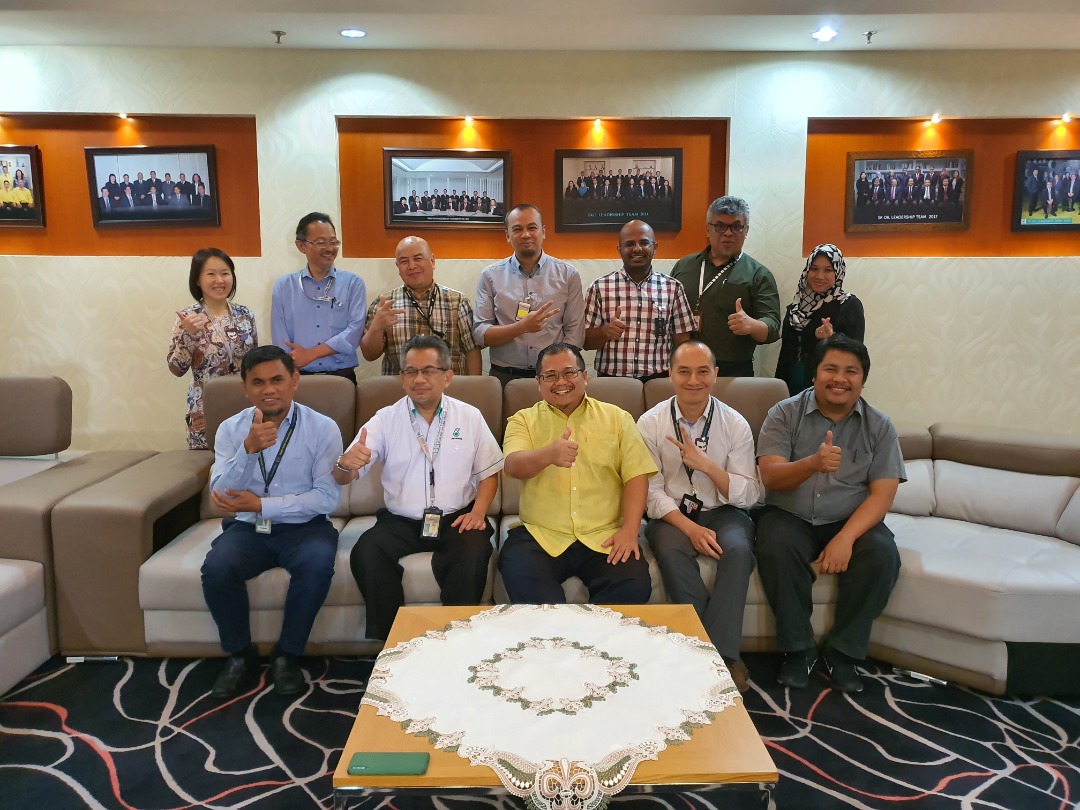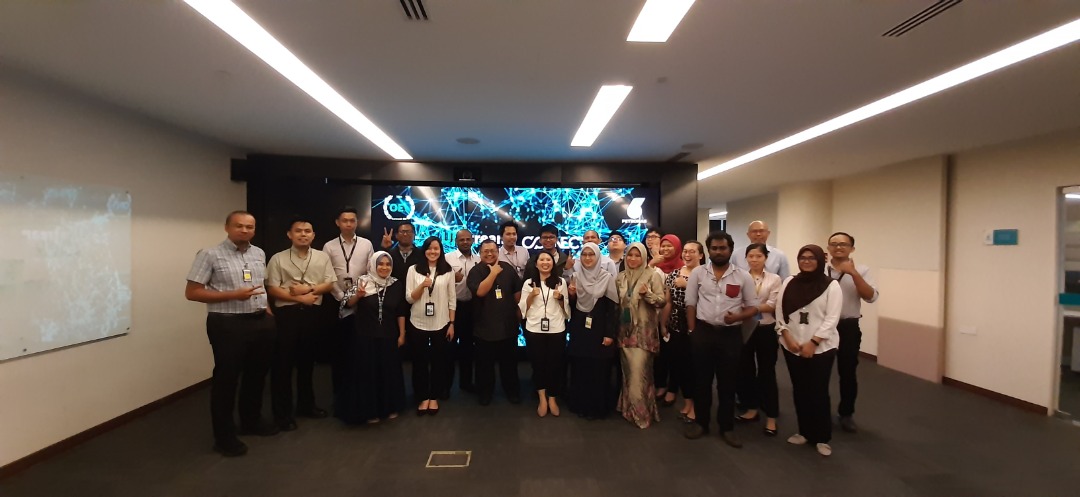Big data is at the nexus of everything that is going on in today's often frantic disruptive world. However, it takes a pair of discerning eyes to be able to value data as an enabler of growth.
In addition, big data plays a pretty significant role in making sure that a company uses its assets and resources wisely to drive growth. However, the proliferation of data that can be collected and analysed can be overwhelming for some.

Significantly, with data analytics, predictive ability and control are expected of modern business strategy. The primary function is around data analysis and optimal resource utilization—making sure that a company uses its assets in the initiatives that have the best growth potential.
Earlier this year, Juliana Mohamad Yusof, 35, Manager of People Development, PETRONAS Carigali Sdn Bhd's Miri Operating Unit (OPU), took part in a development and production (D&P) meeting discussing PETRONAS' strategic upstream initiative. “In the discussion, we talked at length about the focus for 2019. One of the agendas proposed was to support PETRONAS' going digital strategy. At the time, PETRONAS was on the lookout for those who are interested to become data scientists," recalls Juliana.
According to a McKinsey & Company report in 2018, data analytics is among the most in-demand skills for future workforce. Realising the importance of data analytics as a highly sought after skill, Juliana laid out a plan that scheduled a tailored framework to train the branch's upstream operation engineers.
In the initial plan, Juliana sketched out various pain points where she hoped data could provide a predictive aid across the operations. She says, “We believe being knowledgeable in IT brings a huge advantage in project management."
All of which suggests that predictive analytics abilities may be within the reach of more people than she had once assumed.

After doing her research, Juliana thought long and hard about how an OPU in a smaller region could contribute to PETRONAS' overarching digital initiative. Following her research, Juliana came across the short courses offered by UTP's Centre for Advanced and Professional Education (CAPE).
On the 22nd of April last year, Juliana attended a two-day Big Data Analytics 101 short course at CAPE's office in Kuala Lumpur. The Business Information System graduate at UTP, says, “Data is a big part of what I spend my time on— apart from churning information from a set of big data, be it around process efficiency or cost. Looking at our company's business activities and people, I wanted to make sure that our resources are utilised effectively."
She says, “I signed up for the short course because I wanted my OPU to evolve a style of strategy that combines clear goals with flexible methods."
In charge of the region's talent development, Juliana says, “People don't immediately think of data as an enabler. But really, at the end of the day, data can help our people make better decisions."
The key takeaway for Juliana during the short course was how simple it was to do analytics. She says, “In the short course, we were taught how to do simple analytics using functions in Microsoft Excel for non engineers. We never even thought of this."
“For our engineers, we tailored a predictive analytics and modelling data course. Meanwhile, for non-engineers, we introduced an online dashboard reporting," says Juliana. Now, she says, the company has benefitted greatly from the prompt sharing of live data.
Juliana explains, “With the availability of dashboard tools online, our staff started to realise that this can help speed up the framework of our work-flows."
“I wanted to go with the low hanging fruits first. We have a lot of data on our hands. However, prior to this, we couldn't make any productive gain with the data."
Following a number of discussions with the course's facilitators, namely Dr. Izzat, Dr. Jeff and Dr. Ira, Juliana says, “I hit upon the idea of carrying out the short course for our OPU to help our staff put good use of the data we have. From there, we engaged CAPE as our consultant to upskill our people on big data."
“After I came back to office, instead of conducting the courses just for our engineers, I proposed multiple sessions to be conducted with non-engineer and non-executive staff because I think data applies to everyone nowadays," she shares.
As a result, seven short course sessions were arranged for her OPU in Kuching. According to Juliana, since conducting the training at her OPU, data has been helping people at her OPU make greater collective contribution.
Juliana says, previously, data expertise for engineers was outsourced. “But after the training, everybody has gathered basic knowledge of how to manage the data they have. It doesn't take much to get started. The tools are to analyse the data are readily accessible. For example, everybody knows how to operate Microsoft Excel on their computer," she says.
“initially, we focused on how data can be used to improve the company's decision making. We involved both engineers and non-engineer staff for the sessions," says Juliana.
To date, the OPU has achieved a satisfactory success measure in terms or its ROI. She says, “After we upskill them, this gets translated into projects and we have noticed some cost savings."
Next, the company seeks to build capability to generate its machine learning system from the synthesised data. During the course, Juliana says, “The facilitators also shared about what we could do about predictive machine learning modelling. This will be our next target."
Indeed, this is another prime example of UTP's profound career connected learning and industry collaboration. From the work we do, we foster long-term relationships with our global social-impact partners to prepare our students, people and researchers as global citizens.
As a leading university in engineering, science and technology, our graduates are driven to exceed their professional objectives and contribute towards overcoming capability deficit across all sectors and industries.

